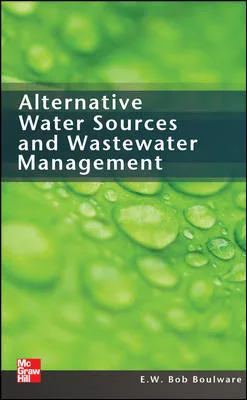Nicole Krawcke: Americans care about drinking water
Is your company capitalizing on this fast-growing trend?

THRE3 / Vetta / Getty Images Plus
I was lucky enough to be able to take a week off from work at the beginning of July. Though we attended so many family functions and get-togethers, I almost felt I needed another vacation to recover from my first vacation. Ever had one of those?
One of the best parts of the week was binge-watching Netflix’s “Stranger Things” season four. I’ve watched the series from the beginning and bartered with my husband to watch one of his shows with him to get him on board the “Stranger Things” fan club. Marriage is all about compromise, and he’s not into science fiction as much as I am. Nobody’s perfect though, am I right?
Season four was by far my favorite, and breakout star Joseph Quinn, who plays Eddie Munson, was a huge part of that. Quinn’s character has a great storyline, not to mention the awesome scene where he shreds Metallica’s “Master of Puppets.”
Naturally, Quinn has been getting a lot of press following the spectacular season — did you know he’s British? It was news to me. I found out when listening to an episode of a podcast series called “Off Menu” where hosts Ed Gamble and James Acaster invite celebrities to choose a starter, main course, side dish, drink and dessert from their fictional dream restaurant.
During the episode, Quinn discusses how he felt like a “sociopath” trying to impersonate an American teenager with a fake accent, as well as how a few American mannerisms surprised him — including how much Americans seem to care about drinking water. In his words, Americans are “fanatic” about drinking water quality. We have “pHs” and other things that are “weird” over here.
If the United Kingdom had a water crisis like Flint, Michigan, I’m sure they would be fanatics about drinking water as well. This year marks eight years since that scandal took place, and while more than 10,000 pipes have been replaced (the city has until the end of the year to replace the remaining 1,800), Flint residents say the water is still not drinkable.
Flint is memorable because it made local, state, national and international headlines, and social media made the story go viral. It was one of the first times the spotlight was really centered on water quality, and the public sat up and paid attention.
In 2019, NSF, a global public health and safety organization, released the results of a survey revealing that while most U.S. consumers drink tap water (71%) and more than half (55%) are concerned about contaminants in their drinking water or don’t know what’s in it, nearly half (42%) do not take steps to filter or treat their home’s drinking water. The national consumer survey of 1,106 American adults found that parents are more likely to be concerned about impurities in their drinking water (61%), compared with those who do not have children in their household (53%).
More recently, on June 15, the U.S. Environmental Protection Agency released four drinking water health advisories for PFAS. The EPA also announced that it is inviting states and territories to apply for $1 billion in Bipartisan Infrastructure Law grant funding to address PFAS and other emerging contaminants in drinking water.
Additionally, according to Glen Blavet, founder and CEO of HALO Water Systems, water treatment is one of the fastest add-on revenue streams for plumbers in the U.S. Blavet told Plumbing & Mechanical that the water quality market has grown 300% in the U.S. since the pandemic began — mostly because people were at home and looking to improve their quality of life and health.
If your company is not offering water treatment services yet, maybe it’s time to think about adding them on. Expanding to include both whole-home and point-of-use water filtration systems gives customers a price option to what works best for their situation. There are plenty of manufacturers out there with great products — with more entering this market every year. I even saw one point-of-use system from KOHLER at the Kitchen & Bath Industry Show earlier this year.
Water treatment is an easy add-on service for plumbing contractors to help you become the one-stop shop for all your customers’ water needs. If you don’t offer it, someone else will, and you don’t want to miss the boat.
Looking for a reprint of this article?
From high-res PDFs to custom plaques, order your copy today!









